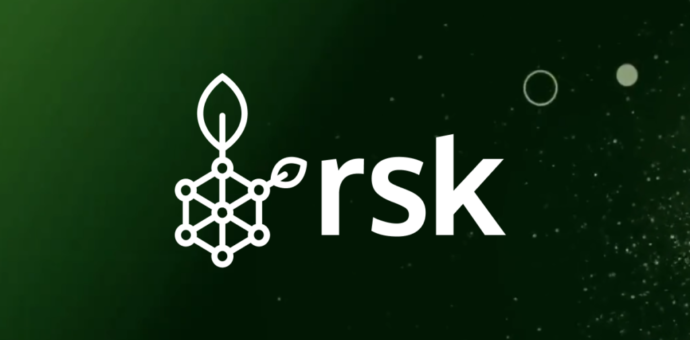Bitcoin showed that blockchain can be used to create a solid digital currency. On the other hand, Ethereum provided the technology of smart contracts, which allows contracts that were previously formalized in legal language, with the intermediation of lawyers and judicial systems, to be carried out more quickly, without losing the security of the negotiation.
RSK, in turn, unites the security of smart contracts with the bitcoin network. It is the first platform to deploy this technology, and the blockchain highlights that developers can use the tool without creating anything from scratch.
- What is RSK’s currency, and how can it be obtained?
- Why is RSK smart contracts different?
- What are the main purposes of RSK smart contracts?
- Smart contracts power DeFi platforms
What is RSK’s currency, and how can it be obtained?
RSK’s native token is SmartBitcoin (RBTC), which is pegged to the bitcoin.
RSK boosts the bitcoin network by executing more complex transactions that can be paid for with the market-leading currency. Those who do so-called “blended mining” can earn about 80 percent of the fees for each block sent to the network.
Why is RSK smart contracts different?
Today, there are a lot of blockchain projects that are scalable and decentralized smart contract protocols. However, most of them have problems in at least one of the following requirements: scalability, decentralization, or security.
If a protocol is decentralized and protected, it may not be scalable. So far, no platform has been able to solve the three main bottlenecks of the blockchain. However, the goal of RSK smart contracts is to solve these.
To this end, in addition to the bitcoin protocol, RSK uses the RIF Lumino network, which allows RSK users to send, receive, and exchange tokens quickly and reliably.
Being an interoperable, off-chain second-layer network, RIF Lumino successfully solves the scalability issue of RSK smart contracts.
What are the main purposes of RSK smart contracts?
Smart contracts automate a negotiation between two or more parties. Thus, there are infinite cases in the most diverse sectors in which they can apply. Some examples are supply chain management, public welfare, gaming, governance, and finance.
To illustrate such a scenario, Enargas, the gas regulator in Argentina, uses RSK smart contracts to develop digital identities that optimize gas registration, installation, and distribution, with transparency and operational efficiency. RSK smart contracts also enable the company to quickly track and resolve any complaints made by customers and solve intermittent supply problems.
Similarly, RSK is helping one of Colombia’s largest financial institutions, Banco Davivienda, by offering a blockchain-based micropayment wallet, which guarantees fast and secure execution of bank transfers, with reduced fees, between users.
Smart contracts power DeFi platforms
In addition to the examples cited, RSK’s smart contracts power various decentralized finance (DeFi) platforms, such as the DeFi RIF protocol on Chain (ROC). It is an ecosystem that allows bitcoin holders to generate passive income through stablecoins, meeting users’ needs for lower cryptocurrency volatility







